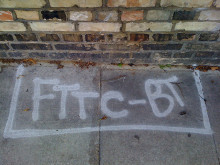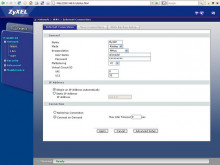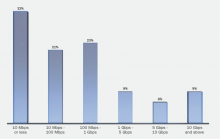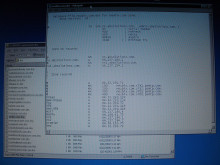Russian polling cameras face DDoS attacks
Hackers have tried to crash a vast network of web cameras that Vladimir Putin ordered to allay fears of vote-rigging in the March presidential election, a deputy minister said on Friday.
Putin, facing the biggest protests of his 12-year rule after a disputed December parliamentary election the opposition said was rigged, ordered 182,000 web cameras to be installed at the 91,000 polling stations.












































































